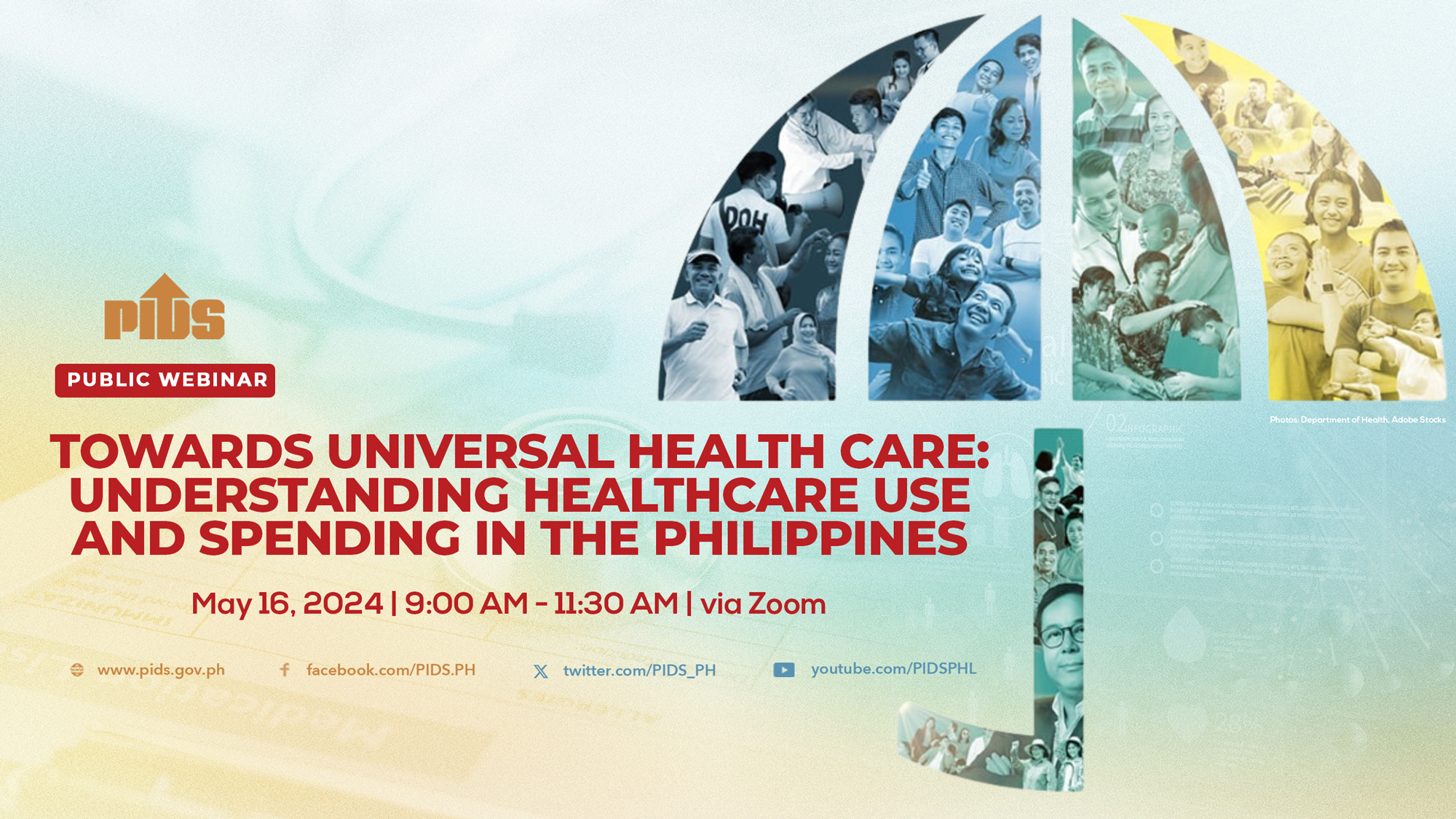AS Senate deliberations over the ratification of the Regional Comprehensive Economic Partnership (RCEP) progress, lobbying for its rejection by the agricultural sector and its allies has intensified. The basic argument against the Philippines' formally joining what will be the world's largest trade bloc is that the agreement will "flood the Philippines with cheap agriculture imports," and further harm the already suffering farm sector.
However, this argument disregards one critical point: the lack of availability of affordable, nutritious food for many Filipino families has a severe negative impact on the health of the population, especially children. This was highlighted in a recent study published by the Philippine Institute for Development Studies (PIDS), which pointed out that the serious problem of malnutrition in the Philippines has only gotten worse as a result of the economic downturn brought on by the Covid-19 pandemic and the persistent high food price inflation over the past several months.
According to PIDS senior research fellow Roehlano Briones, who authored the study, the nutritional status of Filipino children was already a serious concern prior to the pandemic and has been further aggravated by the recent rounds of food price inflation. "These economic shocks are likely to have an adverse impact on food consumption and nutrient intake at the household level, leading to worsening nutritional status," Briones said.
The agricultural expert explained that the food groups that are most important for Filipinos' energy, protein and micro-nutrient requirements, which include rice, cereals, fish, meat and poultry, are produced domestically under high levels of trade protection against less expensive imports. "This has the unfortunate consequence of reducing the affordability of nutrient-rich foods," Briones added.
The PIDS study did note that financial assistance to families during the pandemic under the Bayanihan program substantially ameliorated the potential nutritional harm from the tough economic conditions. However, the study argues that price subsidies, which is what direct cash assistance amounted to, are "very expensive" and financially unsustainable.
"Implementing liberalization measures to improve food affordability is more cost-effective and something that the government should pursue aggressively when nutrition security is under threat," Briones said. "The sooner the government dismantles high tariffs and overly strict (and often arbitrary) application of sanitary and phytosanitary standards on these major consumer goods, the more affordable these items become, especially to the poor."
The trade liberalization measures under the RCEP are therefore vital to the Philippines, because the domestic agriculture sector simply cannot produce the food the country needs to maintain good health. We have had a rather spectacular demonstration of its shortcomings in this regard with the recent string of shortages and price spikes in common food commodities such as sugar, onions and eggs.
The country's agriculture sector certainly should be able to produce affordable food in sufficient quantities — that, after all, is a practical definition of "food security" — because not only is health and nutrition vital for the country's well-being, the viability of the agriculture sector is critical for economic stability and growth. The government should continue to prioritize research, development and economic support programs for the agriculture sector in order to improve its productivity, but achieving the goal of food security cannot be done if the focus is solely on the economic concerns of the sector.
With respect to the impact of the RCEP on the food needs of Filipinos and the sustainability of the domestic agriculture sector, joining the trade pact should be viewed as an opportunity rather than a threat. Improved availability of affordable food will have the immediate effect of reducing inflation, and mitigating some of the consequences of poverty; over the longer term, better nutrition will improve Filipinos' productivity and reduce health care costs.
As for the economic health of the agriculture sector, the RCEP will preserve and expand the export market for Philippine products; whereas rejecting the pact will severely reduce the export market the country already has, as countries who are part of the RCEP will look elsewhere. On a more positive note, the opportunities to attract agricultural investment in order to improve the value chain, and with it, incomes for farmers, food processors, and distributors, will increase significantly.












